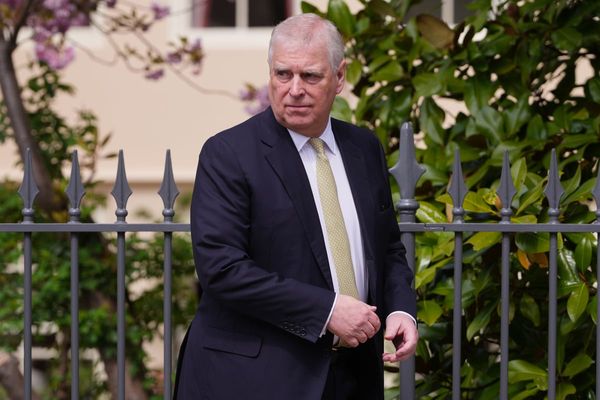
Transplanting human poo from a healthy person into the colon of an unhealthy person may sound strange.
But then, so does a sugar manufactured to act like human breast milk to treat brain disease.
Hunter researchers are working on these potential treatments, amid a global rise in awareness of the gut microbiome's links to disease.
A Hunter Medical Research Institute [HMRI] study showed promising results last month for faecal transplants in mice with chronic obstructive pulmonary disease [COPD].
Laureate Professor Nick Talley, a Hunter-based gut expert, said it wasn't known if these transplants would work for various human health conditions.
"I think it depends on whose poo you get," said Professor Talley, of University of Newcastle.
The method involves poo from a healthy person being transplanted into the colon of another person to treat a health condition.
"But healthy people have different types of poo, so they need to pick the right healthy person. They're called super donors," he said.
"We're still trying to work out how to identify them more effectively."
HMRI gut researchers are also trialling new prebiotics and probiotics as potential treatments.
Professor Talley said a prebiotic trial was about to begin "to see if we can slow down Parkinson's".
He said this prebiotic was "a non-absorbed manufactured sugar that promotes the growth of certain bacteria that we think will reduce or change gut microbes".
The aim was to foster healthy gut microbes, rather than "bad ones linked to brain disease".
This sugar is like human breast milk, which contains healthy bacteria and boosts the body's microbiome.
Professor Talley said gut microbes were thought to affect the brain and mental health.
"We are convinced, although we still have to prove it, that mental health is linked to gut bugs," he said.
"There is good evidence in animal models and more work happening in humans.
"Altering the gut microbes in Parkinson's and dementia is becoming a big area of research."
He said a simple way to help the gut was to eat plenty of good fibre, fruit and vegetables, exercise and reduce stress.
HMRI's latest faecal transplant research was published in the journal Gut.
Professor Phil Hansbro said the study showed "the potential effectiveness" of the treatment for COPD.
The method was used to "transfer beneficial gut microorganisms" between healthy mice and those with COPD.
This helped to reduce lung inflammation and improve breathing.
"This suggests a potential therapeutic effect of these specific gut microbes," said Professor Hansbro, director of the Centenary UTS Centre for Inflammation.
Professor Talley said faecal transplant research was in its early stages and "to be frank we don't know if it really works in humans" for various conditions.
However, it had been proven to work in most cases of a "very severe infection people get after antibiotics called Clostridium difficile".
"In 95 per cent of cases they get better and don't get recurrence. It's just amazing," he said.
Asked about links between antibiotics and gut problems, he said they kill bad bacteria that cause illness and "some of the good bacteria".
"This means the bad ones can overgrow," he said.
"Some people may get health problems after a course of antibiotics because the gut bugs can stay abnormal for months or longer."
He said antibiotic use in children could be related to allergies and other serious health problems.
"There is quite a lot of evidence for that," he said.
"But if you have pneumonia and need an antibiotic, it saves your life. So the benefit outweighs any risk."







